Dry skin can be a frustrating and uncomfortable condition that affects many individuals. It can cause itching, flaking, and a dull complexion, making the skin look less vibrant and healthy. Restoring moisture balance in the skin is crucial to maintain its overall health and appearance. In this article, we will explore the causes of dryness, the importance of the skin’s moisture barrier, effective tips to restore moisture balance, natural remedies, lifestyle changes, professional treatments, and answer frequently asked questions about dryness.
I. Introduction
Maintaining moisture balance in the skin is essential for its overall health and appearance. When the skin lacks sufficient moisture, it can lead to dryness, which is characterized by a rough texture, tightness, and a lack of natural glow. Restoring moisture balance is crucial to alleviate these symptoms and promote healthy, radiant skin.
II. Understanding Dryness
Dry skin, also known as xerosis, is a common condition that occurs when the skin fails to retain an adequate amount of moisture. Various factors contribute to dryness, including environmental factors (such as low humidity and cold weather), excessive bathing or showering with hot water, harsh soaps or cleansers, aging, and certain medical conditions.
The symptoms of dry skin can vary from mild to severe. Common signs include itching, redness, flaking, scaling, tightness, and a feeling of roughness. In more severe cases, dry skin can lead to cracks and fissures, which may be painful and prone to infections.
III. The Role of Moisture Barrier
The skin’s moisture barrier, also known as the lipid barrier, plays a crucial role in maintaining moisture balance. It is a protective layer composed of lipids (fats) that prevent excessive water loss from the skin and protect it from external irritants. When the moisture barrier is compromised, the skin becomes more susceptible to dryness, sensitivity, and other skin issues.
A healthy moisture barrier is essential for preventing transepidermal water loss (TEWL) and maintaining hydration levels within the skin. Factors such as harsh cleansers, hot water, excessive exfoliation, and certain skincare ingredients (such as alcohol and fragrances) can disrupt the moisture barrier, leading to dryness.
IV. Tips for Restoring Moisture Balance
- Hydrating skincare routine: Adopting a hydrating skincare routine is vital for restoring moisture balance. It involves cleansing the skin with gentle, non-stripping cleansers and incorporating hydrating toners and serums into the routine. These products help replenish moisture and support the skin’s natural barrier function.
- Choosing the right moisturizer: Selecting a suitable moisturizer is essential for dry skin. Look for products that contain hydrating ingredients such as hyaluronic acid, glycerin, ceramides, and natural oils. These ingredients help lock in moisture and provide long-lasting hydration.
- Protecting the skin from harsh environmental factors: Shielding the skin from harsh environmental elements is crucial for maintaining moisture balance. During cold weather, use scarves and hats to cover exposed skin, and apply a moisturizer with SPF to protect against UV radiation. Additionally, using a humidifier indoors can help combat dry air and prevent moisture loss from the skin.
- Incorporating a humidifier: Humidifiers add moisture to the air, which can be beneficial for dry skin. They help increase humidity levels indoors, preventing the air from becoming too dry and reducing water loss from the skin.
- Drinking enough water: Adequate hydration plays a significant role in maintaining moisture balance within the body. Drinking enough water throughout the day helps keep the skin hydrated from the inside out. Aim for at least eight glasses of water per day and consume hydrating foods such as fruits and vegetables.
V. Natural Remedies for Dry Skin
Natural remedies can provide effective hydration and nourishment for dry skin without the use of harsh chemicals. Incorporating natural ingredients into skincare routines can help restore moisture balance and improve the overall health of the skin. Some beneficial natural ingredients include aloe vera, coconut oil, honey, shea butter, and oatmeal.
For a DIY homemade moisturizer, mix equal parts of coconut oil and shea butter in a bowl. Add a few drops of your favorite essential oil for a pleasant fragrance. Gently massage the mixture onto clean skin, focusing on dry areas. This natural moisturizer helps replenish moisture and leaves the skin feeling soft and supple.
VI. Lifestyle Changes for Moisture Balance
Apart from skincare routines, certain lifestyle changes can significantly contribute to restoring moisture balance in the skin:
- Diet and hydration: A well-balanced diet rich in essential fatty acids, vitamins, and minerals is beneficial for the skin’s overall health. Include foods like fatty fish, avocados, nuts, and seeds, which contain omega-3 fatty acids that help maintain moisture in the skin. Additionally, staying hydrated by drinking enough water and avoiding excessive caffeine or alcohol consumption can improve skin hydration.
- Avoiding excessive hot showers: Hot water can strip the skin of its natural oils, leading to dryness. Opt for lukewarm showers or baths and limit their duration to prevent excessive drying of the skin.
- Managing stress levels: High-stress levels can contribute to various skin issues, including dryness. Engage in stress-relieving activities such as yoga, meditation, or hobbies to promote overall well-being and support healthy skin.
- Quitting smoking: Smoking has detrimental effects on the skin’s health and can contribute to dryness. Quitting smoking not only improves overall health but also helps restore moisture balance and enhance the skin’s appearance.
VII. Professional Treatments for Dryness
If dryness persists despite home remedies and lifestyle changes, it may be beneficial to seek professional help from a dermatologist. They can assess the skin’s condition and recommend suitable treatments, such as:
- Prescription moisturizers: Dermatologists can prescribe moisturizers that contain higher concentrations of active ingredients to effectively restore moisture balance.
- Topical corticosteroids: In severe cases of dryness, corticosteroids may be prescribed to reduce inflammation and alleviate symptoms.
- Advanced skincare procedures: Dermatologists may recommend treatments such as chemical peels, microdermabrasion, or laser therapy to improve the skin’s texture, promote hydration, and restore moisture balance.
VIII. Conclusion
Maintaining moisture balance is crucial for healthy, radiant skin. Dryness can be caused by various factors, including environmental conditions, excessive bathing, and certain medical conditions. By understanding the importance of the skin’s moisture barrier and following effective tips such as adopting a hydrating skincare routine, choosing the right moisturizer, and protecting the skin from harsh environmental factors, it is possible to restore moisture balance and alleviate dryness. Natural remedies and lifestyle changes, along with professional treatments when necessary, can further support the skin’s hydration and overall health.

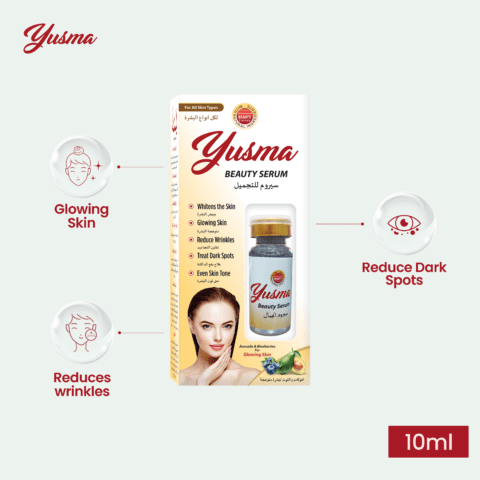
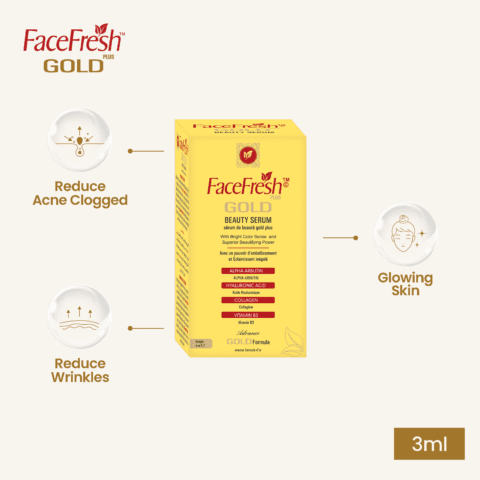
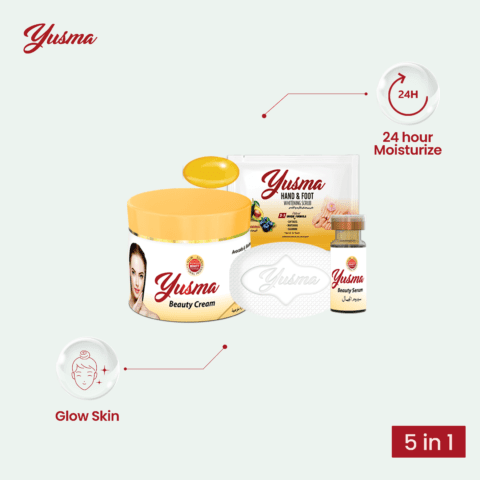
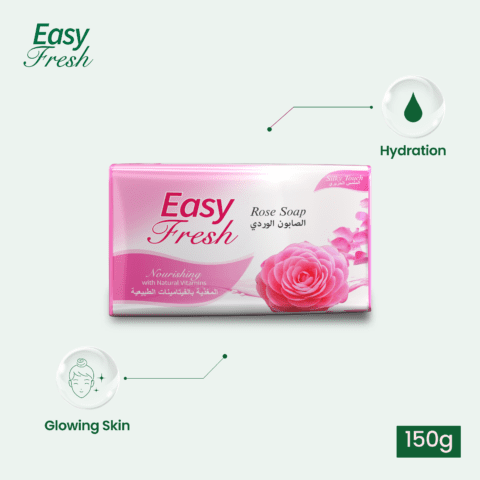
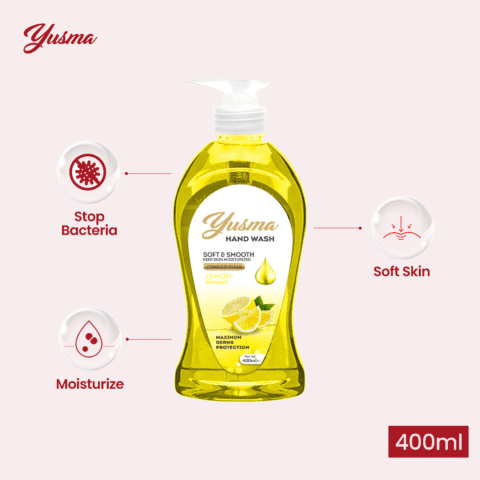
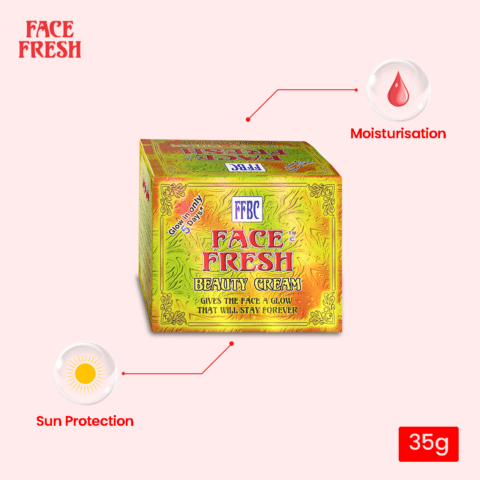
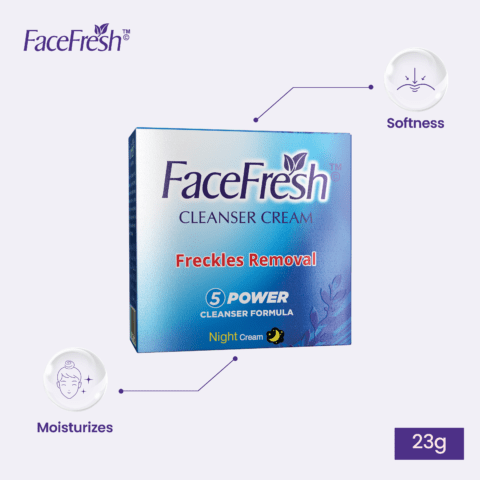

Leave a comment
Your email address will not be published. Required fields are marked *